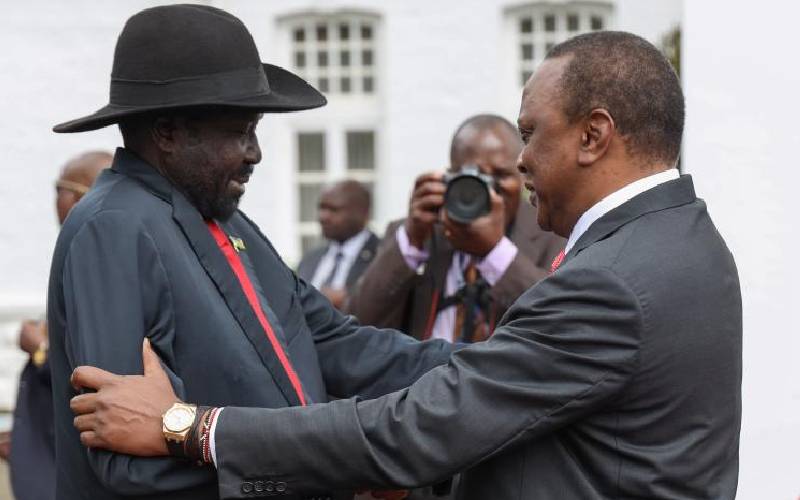
Allegations of Salary Embezzlement at South Sudan Embassy in Nairobi
Recent court documents reveal serious allegations against officials at the South Sudan embassy in Nairobi, suggesting that staff salaries may have been embezzled. Nine Kenyan employees of the embassy have filed a labor case in the Kenyan Employment and Labour Relations Court, highlighting discrepancies between the salaries they received and the figures listed on official payroll records.
The court papers show a significant contradiction between the amounts the workers actually received and what was recorded as their pay. On months when salaries were paid, some employees received less than a fifth of the amount stated in official records. These nine employees are claiming unpaid salaries for over 53 months, spanning 13 years, and none of them were ever issued with formal employment contracts.
Discrepancies in Payroll Records
Access to payroll records by the employees has revealed further inconsistencies. The documents suggest possible embezzlement of wages and efforts to conceal records to cover up the scheme. In some cases, the embassy failed to remit money withheld from salaries for pension and other statutory deductions.
One employee claims he was hired in January 2012 with a net salary of $500. He is now seeking arrears of $25,750, including unpaid salaries for August 2023. However, according to the payroll in Juba, his net salary was listed as $2,835—more than five times what he had previously received. This discrepancy highlights the potential mismanagement of funds.
Another employee, who should have earned a monthly net salary of $1,000, was listed on the August 2023 payroll as receiving $2,835—more than double the expected amount. His claimed arrears exceed $53,000 before considering the balance from the actual salary figures.
Repeated Pattern Across Employees
This pattern was repeated across other Kenyan employees working at the embassy in Nairobi. The affected staff members are spread across different departments, including foreign affairs, immigration, and security. They are now requesting the Kenyan courts to order payment of salaries for nearly three-and-a-half years.
According to the court documents, the embassy only consistently paid salaries between 2013 and 2015 over the past 13 years. The lack of proper documentation, such as contracts or payslips, further complicates the situation. Some workers received cash payments on the rare occasions when salaries were released.
Legal Challenges and Diplomatic Immunity
The case raises important legal questions about diplomatic immunity, which traditionally protects embassies and diplomats from being sued in host countries. However, recent rulings in Kenya have shown exceptions to this rule.
Nicodemus Ouma, a lawyer representing the employees, argues that the 2020 Kenyan Court of Appeal decision allows for legal action against embassies in cases involving labor relations. In a similar case, former staff members of the Swedish embassy successfully sued after their contracts were terminated. The court ruled that diplomatic immunity does not apply to private or commercial activities, including labor disputes.
This case is now heading to the Supreme Court, following an appeal by the Swedish mission. Mr. Ouma has submitted documents showing that several employees previously raised concerns about irregular salary payments but received no response from the embassy.
Ongoing Legal Proceedings
South Sudan has yet to formally respond to the lawsuit. The embassy informed the court that it would enter its appearance by August 8, indicating that it will be represented by a law firm. The outcome of this case could set a precedent for how diplomatic immunity is applied in labor disputes involving embassies and their staff.
